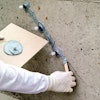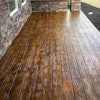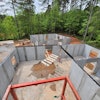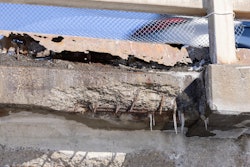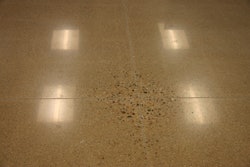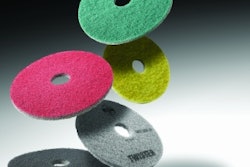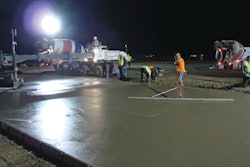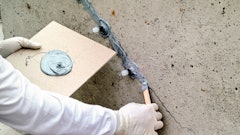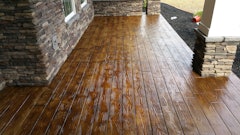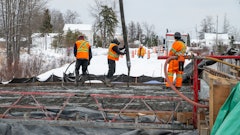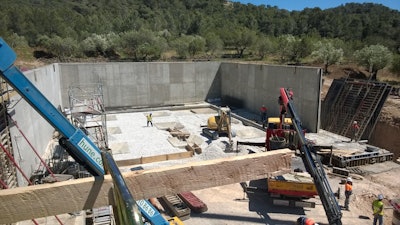
Reinforced concrete potable water structures are at higher risk for corrosion because of constant exposure to moisture. They are also limited on protection methods, because it is important not to apply dangerous substances that can leach into drinking water.
Cortec is working to solve this problem with its portfolio of Migrating Corrosion Inhibitor (MCI) products that are certified by UL to meet NSF/ANSI Standard 61 for use in potable water structures. MCI extends the service life of reinforced concrete structures by working its way through concrete pores and creating a protective molecular corrosion inhibiting layer at the level of the rebar. Cortec has developed NSF Standard 61 certified MCI products for use in all phases of a structure’s life cycle.
New Construction
When constructing new potable water tanks out of reinforced concrete, engineers can specify MCI-2005 or MCI-2005 NS water-based corrosion inhibiting admixtures. These concrete admixtures meet all physical property and corrosion inhibiting requirements of ASTM C1582 and are user-friendly for ready-mix suppliers.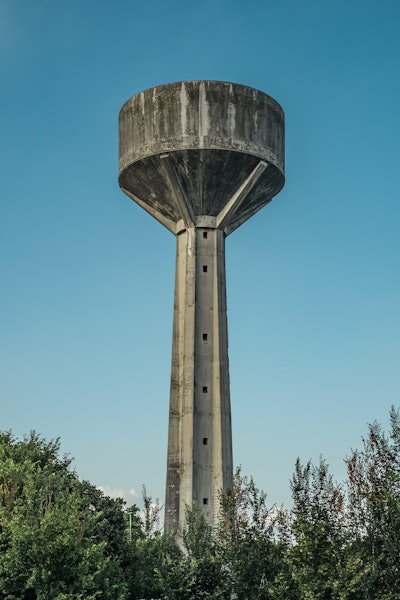
Unlike traditional calcium nitrite concrete admixtures, which tend to accelerate set time and promote more shrinkage cracking. MCI-2005 delays set time, which can be a side benefit for concrete workers (MCI-2005 NS is a normal set version for projects where a delay is not desired). MCI-2005 contains 67% USDA certified biobased content and is a qualified product under the mandatory federal purchasing initiative of the USDA BioPreferred Program.
It was recently used by a water consortium in Spain to enhance the durability of a new 1.32 million gallon (5000 m³) water buffer tank and avoid corrosion issues experienced with previous structures.
Maintenance
MCI-2018 and MCI-2020 provide surface treatment options for existing structures that need corrosion protection with an NSF Standard 61 certified product. MCI-2018 is a 100% silane sealer containing Migrating Corrosion Inhibitors. Its dual action inhibits corrosion at the level of the rebar and also repels water and blocks chloride intrusion at the concrete surface.
MCI-2020 is not a water repellent, but it provides an extra strong dose of Migrating Corrosion Inhibitors that penetrate up to three inches below the surface of the concrete within one month of application. It was used to protect desalinated water reservoirs and columns at a desalination plant after insufficient concrete coverage of rebar was discovered. 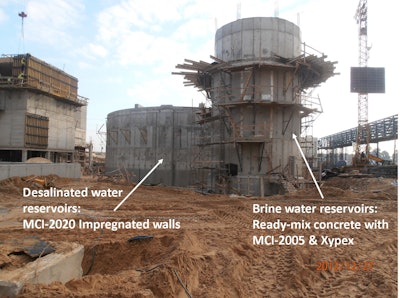
Repair
MCI-2018 and MCI-2020 can also be used in repairs. They have been shown to mitigate preexisting corrosion in reinforced concrete when tested according to the U.S. Bureau of Reclamation M-82 Standard Protocol. Interestingly, they did so starting from a higher chloride threshold than typically required for this test, showing that they are able to reduce corrosion rates independent of chloride levels.
MCI-2006 NS powder admixture can be used to fortify repair mortars. In addition to providing corrosion protection to rebar directly in contact with the MCI-enhanced repair mortar, MCI-2006 NS also has the capacity to migrate to surrounding undisturbed concrete to reduce the risk of the ring anode effect. This admixture was added to repair mortar and passivating grout when repairing a network of pipes for the same Spanish water consortium previously mentioned.
This article was contributed by Cortec.

